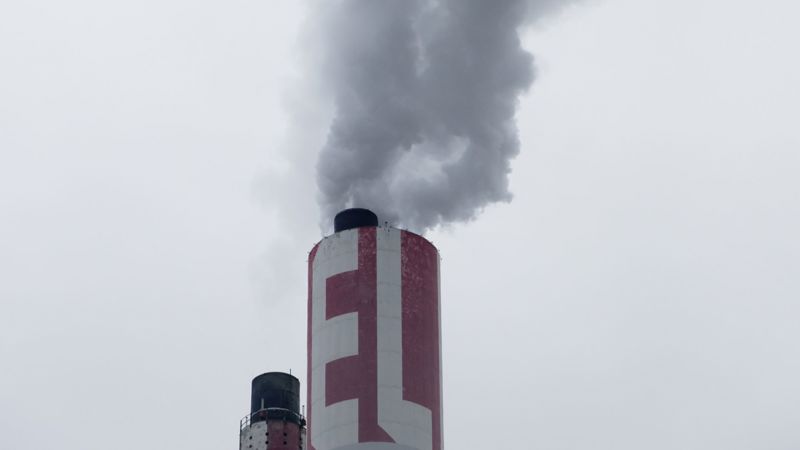
The heat sector in Germany accounts for about one third of final energy consumption in Germany - it therefore plays a central role in achieving Germany’s climate targets.
By 2030, CO2 emissions are to be reduced by 40% compared to today which is equivalent to the reductions of the last 30 years.
At the same time, it has become widely recognised that renewable or low-emission hydrogen is a central building block in achieving the climate targets. For example, the EU has set itself the goal of building 40 GW of electrolysis capacity for the production of renewable electricity based hydrogen by 2030. Germany alone wants to build up to 5 GW by 2030, and 10 GW by 2040 at the latest.
However, the use of hydrogen in the heat market is being questioned, and various stakeholders are currently arguing for its use to be restricted to industry and transport. In a study commissioned by Viessmann Climate Solutions, we explain key aspects which, in our opinion, have been given too little weight in the current debate on the issue of decarbonising the heat market.
The study shows that the requirements in the heating market are diverse and a mix of different technologies is necessary. There is no "one-size-fits-all" solution for the heat market. Instead, a balanced mix of energy sources and technologies is required. Hydrogen and climate-neutral gases can make a valuable contribution to meeting the challenges of decarbonisation, especially due to their good storability, transportability and thus also importability, and should be part of the future energy carrier mix. This also includes the heat market, which can absorb large quantities of hydrogen on short notice without additional expenses by blending hydrogen into the existing gas grid. Therefore, the heat market can also support the desired market ramp-up of hydrogen in the short term through a secure demand for hydrogen.
Frontier regularly advises on energy and heat transition issues and regulatory design.
For more information, please contact media@frontier-economics.com or call +49 (0)221 337130.
You will find the English executive summary below, if you would like to read the full study in German, please click here.









